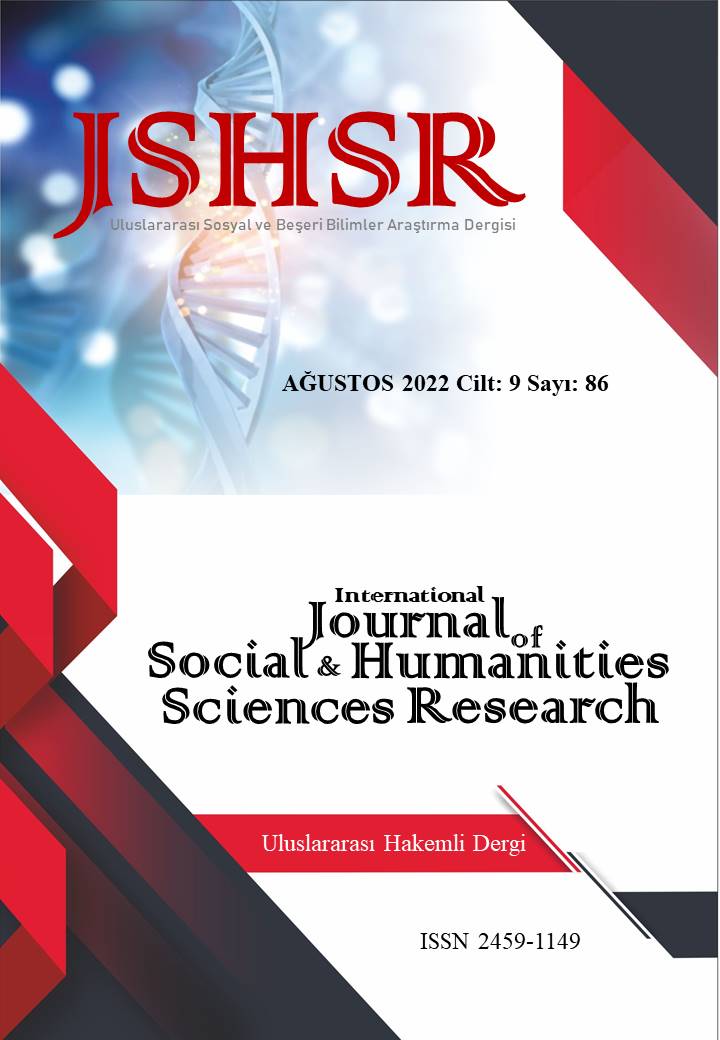PARTNERSHIP POLICIES AND REGIONAL COMPETITION IN AFGHANISTAN-CHINA RELATIONS
DOI:
https://doi.org/10.26450/jshsr.3195Keywords:
Afghanistan, China, cooperation, competition, regional analysisAbstract
Afghanistan's natural resources and strategic location have made it a center of attraction for the great powers. Since Afghanistan is under the dominance of great powers, it has always struggled for existence in this geography throughout its recent history. Although the occupation and civil war have disrupted the development of the country in every sense, balance policies and cooperation have been established to overcome this process. In this regard, the economy is among the most important elements of regional rapprochement. The aim of this study is to determine the importance and position of Afghanistan in China's political and economic policies. In line with this goal, the question of how common economic interests, financial gains and cooperation affect regional politics and how the relations are shaped has been used as the main problem question of the study. In addition, issues such as whether China has achieved its goals for Afghanistan with the idea of reviving the Silk Road in the axis of the "one road and one belt" project have been emphasized. Although common threats are an important obstacle to regional convergence, common economic interests and financial gains facilitate convergence. The nature of such rapprochement is directly proportional to the interests. In addition, China's economic growth has led to an increase in energy demand. The idea of meeting this demand from Afghanistan raises the question of regional security. The fact that Afghanistan is located on the energy corridor connecting China and India due to its geographical location has drawn the attention of other great powers, including the USA and Russia, in this direction. China, which wants to prevent this, has developed some strategies. In this context, our study deals with Afghanistan-China relations within the framework of competition and cooperation. However, the effects of security policies on regional dominance are discussed. The role of Afghanistan in the diplomatic and economic development of the region has been evaluated. Written and electronic materials on the subject of the research were examined by field scanning method, and it was tried to determine in which areas partnership and cooperation activities were more effective. In addition, the relationship between China's policy of convergence with Afghanistan and security expectations has been examined. It is aimed to shed light on future studies with the data obtained within the scope of the study.
Downloads
Published
How to Cite
Issue
Section
License
Copyright (c) 2022 INTERNATIONAL JOURNAL OF SOCIAL HUMANITIES SCIENCES RESEARCH

This work is licensed under a Creative Commons Attribution 4.0 International License.


